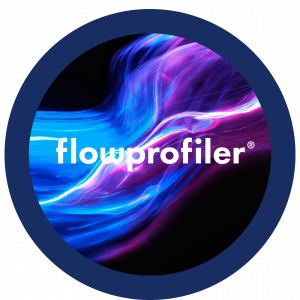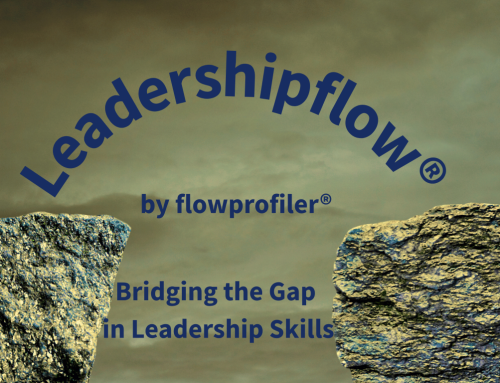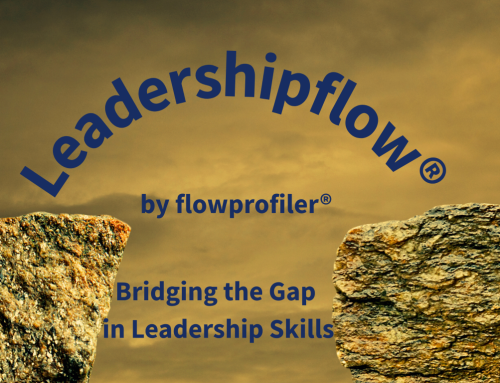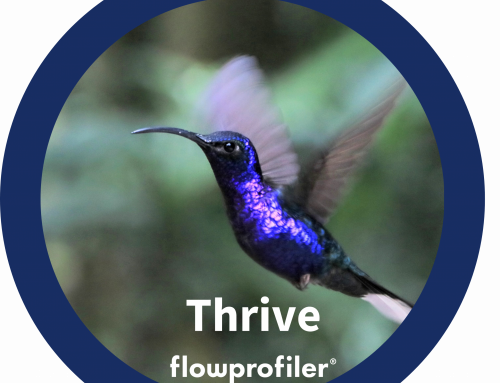In the realm of intelligences, two acronyms often take centre stage: IQ and EQ.
IQ, or Intellectual Quotient, measures cognitive abilities, while EQ, or Emotional Quotient, assesses emotional intelligence. These two qualities are integral to our overall well-being and success.
So, what’s all the fuss about? Let’s delve into the importance of both EQ and IQ, and why EQ might just be the game-changer in your personal and professional life.
The Significance of IQ
IQ, a measure of intellectual intelligence, is the traditional yardstick by which we’ve gauged mental capabilities for generations. It’s a numerical representation of our problem-solving, analytical, and logical thinking skills. High IQ can undoubtedly open doors, however, is just one pi

ece of the puzzle. IQ provides an individual with a certain level of potential, but it doesn’t guarantee success, happiness, or effective interpersonal relationships.
The EQ Advantage
Emotional intelligence, or EQ, has gained increasing recognition for its role in shaping personal and professional outcomes. EQ is all about understanding, managing, and effectively harnessing our own emotions and the emotions of others. While it might not be as straightforward to measure as IQ, it plays a pivotal role in success, possibly even more so.
Here are some reasons why EQ can be a true differentiator in performance:
1. Better Interpersonal Relationships
High EQ individuals excel in communication, empathy, and conflict resolution. This makes them more effective in team settings, leadership roles, and even in personal relationships.
According to research published in the “Harvard Business Review,” managers with higher EQ tend to have employees who are more engaged and productive, leading to higher company performance[1].
2. Adaptability
The ability to adapt to changing situations and recover from setbacks is a hallmark of emotional intelligence. People with high EQ are often more resilient and better at handling stress and uncertainty.
3. Self-Motivation
EQ helps individuals set and achieve their goals. They’re better at self-motivation, self-regulation, and perseverance. This can lead to increased personal and professional success.
4. Leadership
Exceptional leaders often have high levels of EQ. They inspire, motivate, and connect with their teams on a deeper level, resulting in better organisational performance.
EQ in Practice
Developing your EQ is not an overnight process, but it’s well worth the effort. Here are some ways to boost your emotional intelligence:
- Self-awareness: Reflect on your emotions and their impact on your decisions and relationships.
- Empathy: Put yourself in others’ shoes and try to understand their feelings and perspectives.
- Effective communication: Learn to express yourself clearly and listen actively to others.
- Stress management: Practice techniques like meditation, exercise, or mindfulness to handle stress better.
- Conflict resolution: Develop skills to navigate conflicts constructively.
- Continuous learning: Invest in resources like books, courses, and workshops on emotional intelligence. The EQ Advantage with flowprofiler® is a great please to start.
The Balance of EQ and IQ
It’s important to remember that IQ and EQ are not mutually exclusive. In fact, they complement each other and work in tandem. A high IQ provides the tools, while a high EQ helps you navigate the complex social and emotional landscape of life.
While IQ is undoubtedly valuable, it’s EQ that often sets individuals apart in today’s increasingly collaborative and emotionally complex world. By nurturing your emotional intelligence, you can enhance your interpersonal relationships, resilience, and leadership skills, which can be a true game-changer in your personal and professional life.
So, what’s all the fuss about EQ and IQ? It’s the recognition that both are essential, but when it comes to being a standout performer, emotional intelligence may just be the secret weapon you need.
If you are interested in how flowprofiler® can make a difference then please do reach out to us at hello@flowprofiler.com.
References
- Goleman, D. (1998). What Makes a Leader? Harvard Business Review. Read here.
- Harvard Business Review. (2023). How Emotional Intelligence Impacts Workplace Performance. Read here.



